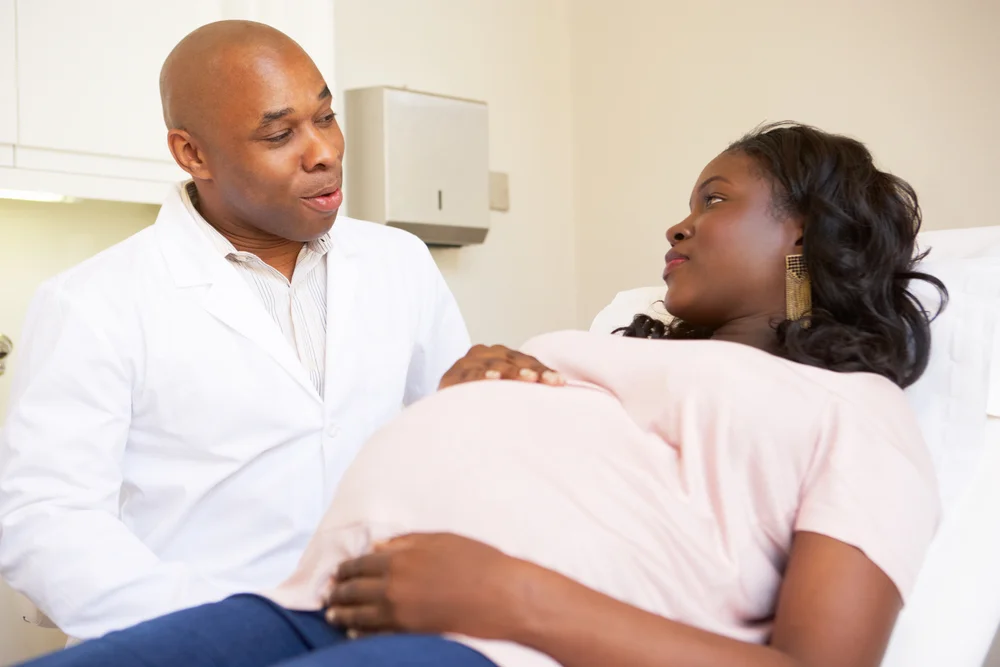New Drug Could Revolutionize Postpartum Depression Treatment
Novel medication could provide faster – and better – relief than antidepressants
A new drug being studied could one day be an important treatment option for women suffering postpartum depression (PPD), a condition that affects about 15 percent of women after giving birth.
The drug SAGE-547, developed by Sage Therapeutics, based in Cambridge, Massachusetts, was found to provide rapid and potent relief from PPD in a recent small study.
The study included 21 women who started experiencing severe depression in the third trimester or within the first month of childbirth. Ten women received an IV infusion of SAGE-547, and the other 11 women got a placebo infusion. All of the women had given birth before they received the drug or placebo.
Among the women who got SAGE-547, seven out of 10 had fewer depressive symptoms within 24 hours of the infusion. By three days after the infusion, those seven women were in remission, meaning they no longer had depressive symptoms. They remained symptom-free for the full 30 days of the study's follow-up period.
In contrast, only one of the 11 women in the placebo group achieved remission by three days after the infusion, and by 30 days only two women were in remission.
"One of the things that really is most exciting and impressive about these findings is the rapid onset of action. It is unlike anything we see currently in the field," says Samantha Meltzer-Brody, director of the perinatal psychiatry program at the University of North Carolina Center for Women's Mood Disorders in Chapel Hill, North Carolina.
Meltzer-Brody is the lead investigator of the study, which included women receiving care at UNC as well as many at other sites across the United States. Sage Therapeutics announced the findings on July 12, but the results have not yet been published in a peer-reviewed journal. SAGE-547 would be the first drug specifically intended to treat PPD.
Antidepressants are currently the first-line treatment for women with moderate to severe PPD. However these drugs can take four to six weeks to reduce depressive symptoms, and some women do not get relief even after trying several different antidepressants.
"As someone who takes care of many, many women who suffer from this [condition], when you are really, really feeling terrible, having to wait a month or more to get significant improvement feels like a lifetime," Meltzer-Brody says.
Researchers think that SAGE-547 has a completely different mode of action than conventional antidepressants, which increase levels of neurotransmitters associated with mood, such as dopamine and serotonin. SAGE-547 is a steroid in the brain, called allopregnanolone, derived from the hormone progesterone. It helps regulate mood and could have a calming effect. The levels of progesterone and allopregnanolone rise during pregnancy and plummet after childbirth, and this drop is thought to contribute to PPD in some women.
Meltzer-Brody cautions the drug is still in the early stages of development, and more clinical trials, involving larger groups of women, need to be carried out. Even in the best case scenario, if future studies studies confirm the current findings, it could be several years before SAGE-547 is approved by the U.S. Food and Drug Administration and made available to women, Meltzer-Brody says.
Sage Therapeutics is currently enrolling women with severe PPD in a larger clinical trial that will test different doses of SAGE-547. The new study will include 10 different sites across the United States, including locations in Florida, Massachusetts, North Carolina, and Ohio.
Women who participate in the SAGE-547 studies are being advised not to breastfeed while receiving the drug, Meltzer-Brody says. It will be important in the future to explore whether the drug affects lactation and whether it is safe for mothers taking the drug to breastfeed, she adds.
The new study looked at a number of possible adverse effects, such as dizziness, sleepiness, and anxiety, and did not find that any were more common among the women who received SAGE-547 compared with the placebo group.
"There is so much room for improvement in the treatment of peripartum depression that anything out there [using] a different approach (that mechanistically makes sense and that could help women get better fast), I would get excited about," says Constance Guille, director of the Women's Reproductive Behavioral Health Clinic at the Medical University of South Carolina (MUSC).
Guille and researchers at the MUSC were not involved in the SAGE-547 study, but Guille has been following news about the drug since she first heard about it two years ago. "Seeing a little bit of benefit at 24 hours is amazing and having durability…is really exciting and impressive," Guille says. Although the new findings will have to be seen in larger studies, Guille says she would "absolutely" offer SAGE-547 as an option for women with PPD if it were approved.
Earn 18 CE credits!
Receive the best education from our experts and study at your own pace.












